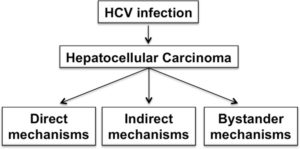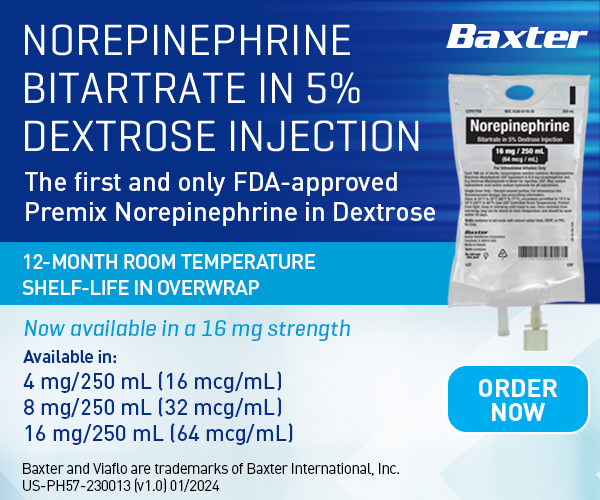Other HCC Risk Factors
 Successfully driving down the rate of hepatocellular carcinoma at the VA requires understanding the mechanisms by which HCV contributes to the development of the cancer as well as the interplay of a number of other factors that increase the risk of HCC.
Successfully driving down the rate of hepatocellular carcinoma at the VA requires understanding the mechanisms by which HCV contributes to the development of the cancer as well as the interplay of a number of other factors that increase the risk of HCC.
A team of researchers led by Srikanta Dash, PhD, of the Southeast Louisiana Veterans Health Care System, and director of the Hepatitis Research Laboratory and professor of Pathology at the Tulane University School of Medicine, both in New Orleans, explored the impact of multiple factors on the development of HCC following successful treatment for hepatitis C in a recent review.2
Dash and his colleagues proposed that “HCC mechanisms associated to HCV infection can be direct virus-induced cellular programming, indirect host-related inflammatory response, and an overlapping host metabolic bystander effect.”
While the hepatitis C virus directly damages the liver through multiple means, achievement of a sustained virologic response leads to regression of cirrhosis in nearly 55% of patients, they said. That reduces their risk of HCC.
On the flip side, patients who have achieved SVR “remain at risk for liver disease progression due to non-viral risk factors including obesity, alcohol, diabetes, and other autoimmune diseases,” they noted.
Closely associated with those factors in the risk in non-alcoholic fatty liver disease (NAFLD), now the most common chronic liver disease in the world. Veterans with NAFLD have 800% greater risk of HCC compared to veterans without the disease, a large study found.3
That increased risk drives home the importance of Dash and colleagues’ recommendation.
“Fatty liver is a particular threat to the long-term healing of cirrhotic patients after HCV cure,” they said. “These patients need to remain under surveillance for liver complications, including HCC.”
- Ioannou GN, Beste LA, Green PK, et al. Increased Risk for Hepatocellular Carcinoma Persists Up to 10 Years After HCV Eradication in Patients With Baseline Cirrhosis or High FIB-4 Scores. Gastroenterology. 2019;157(5):1264‐1278.e4. doi:10.1053/j.gastro.2019.07.033
- Dash S, Aydin Y, Widmer KE, Nayak L. Hepatocellular Carcinoma Mechanisms Associated with Chronic HCV Infection and the Impact of Direct-Acting Antiviral Treatment. J Hepatocell Carcinoma. 2020;7:45‐76. Published 2020 Apr 15. doi:10.2147/JHC.S221187
- Kanwal F, Kramer JR, Mapakshi S, Natarajan Y, Chayanupatkul M, Richardson PA, Li L, Desiderio R, Thrift AP, Asch SM, Chu J, El-Serag HB. Risk of Hepatocellular Cancer in Patients With Non-Alcoholic Fatty Liver Disease. Gastroenterology. 2 Dec 2018;155(6):1828-1837.e2.

